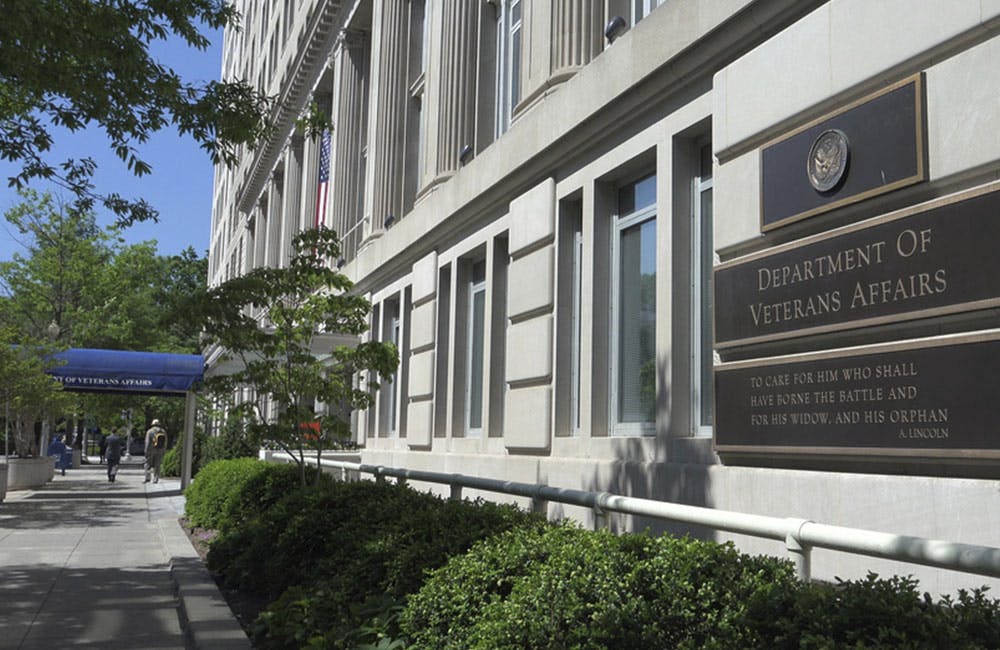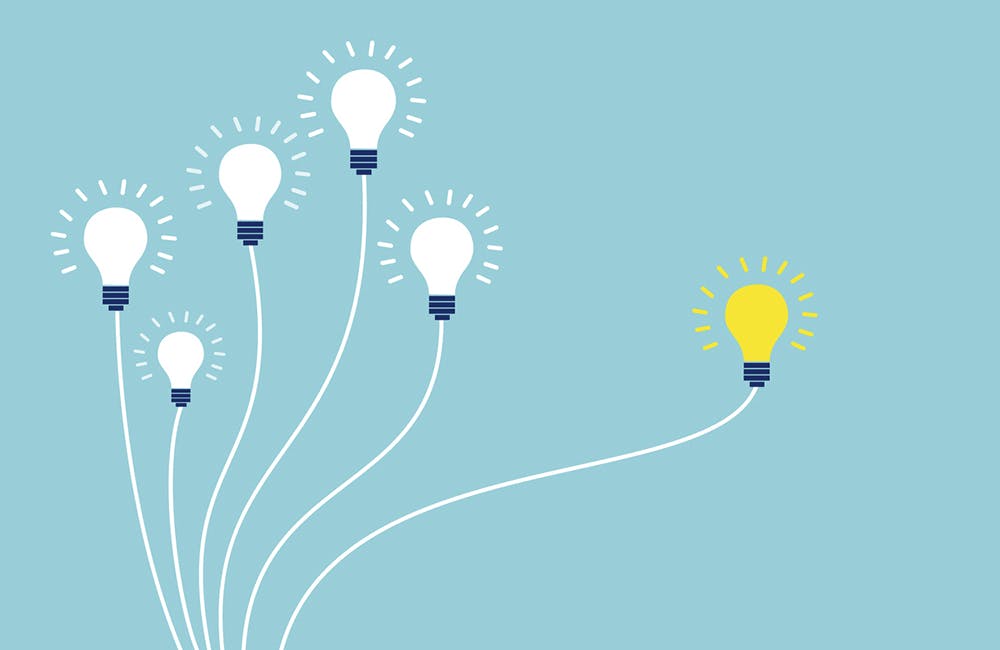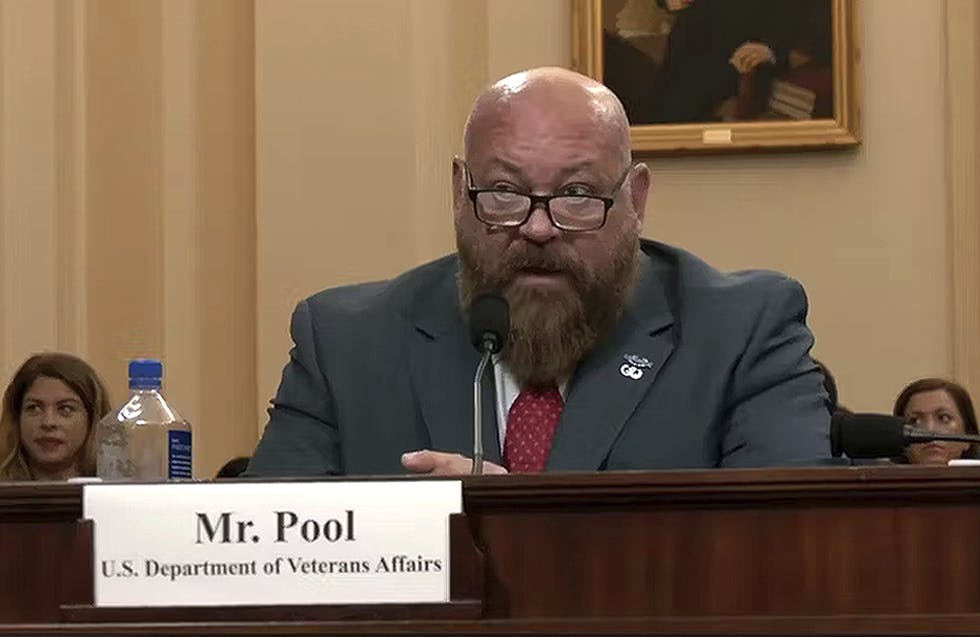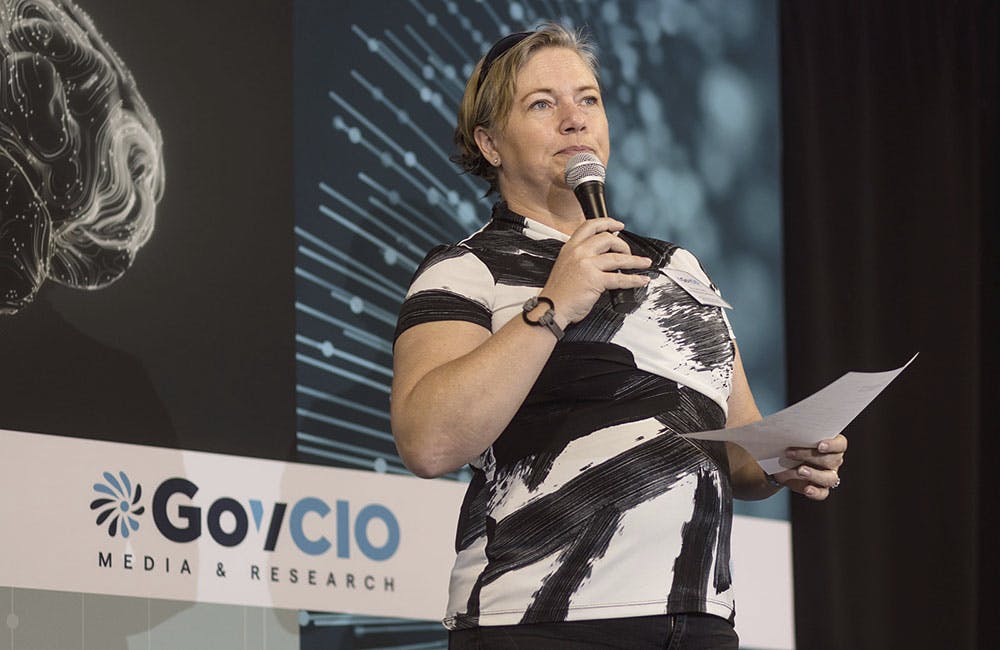The In-Demand Tech Areas Facing Federal Agencies
A Dcode report notes agencies will increasingly tackle critical modernization areas in remote collaboration, artificial intelligence and more.

Artificial intelligence and associated data analytics processes, distributed workforce support, cybersecurity and DevSecOps are four major tech areas poised for growth in the federal government, according to a recent report by tech accelerator Dcode.
All four categories have shown considerable promise for improving the efficacy of government agencies, the report said, with certain wings of the federal government already having made demonstrable progress in leveraging them to better deliver public services. These areas also are those in which private-public partnerships will thrive, the report added.
AI and Data Analytics
AI and complex data analytics has been a particular focus at health-oriented agencies lately. The Department of Veterans Affairs has emerged as an early adopter of AI for medical research, with the greater Veterans Health Administration using its repository of health and genomic information to advance both physical and mental health care.
The VA’s National Artificial Intelligence Institute has overseen substantial internal research, as well as collaborative AI sprints with government and private sector partners oriented to improve diagnostics. This has included applying data analytics to better understand the pathology of COVID-19, a process which has occurred alongside the VA’s particular emphasis on developing “trustworthy AI” or data curated within an ethical and open framework.
Similarly, the VA’s Million Veterans Program has leveraged data processing capacities and computational power borrowed from the Department of Energy to advance the frontiers of genomics research. Pairing contemporary best practices and premier computing power with a growing breadth of genomics data has allowed VA to advance diagnostics and care within the fields of oncology and cardiovascular health, along with providing critical assistance to the agency’s research into mental health treatment.
AI has been shown to provide real use cases across government, including leveraging disparate data to identify and understand unknown variables, Dcode noted in the report.
Remote Work
The abrupt shift to telework during the COVID-19 pandemic has driven some federal agencies to make long-term investments in capacities that allow for secure and effective remote collaboration.
“A challenge many departments and agencies faced was how to continue collaboration and accessibility to maintain efficiency while remote,” Dcode wrote in the report. “As the entire workforce adapts to different situations, like full-time telework or hybrid models, tools that facilitate collaboration and enable remote project management are vital.”
The departments of Agriculture and Veterans Affairs engage in research-oriented and data-intensive work, leading both agencies to invest further in secure data sharing and collaboration that has allowed their respective projects to continue amidst the pandemic.
However, both VA and USDA had already been advancing their cloud-computing strategies, which the pandemic only amplified. The General Services Administration is currently assisting less technically modernized agencies with adopting cloud-based telework platforms.
Cybersecurity
Both the shift to a distributed workforce, as well as the rolling multi-system breach of the SolarWinds attack and the Colonial Pipeline incident, have made clear the need for robust and modernized cybersecurity across the federal government.
While certain agencies’ remote cybersecurity practices have been somewhat ad hoc, the Government Accountability Office and National Institute of Standards and Technology have focused on a standardized approach to information security — especially as a means of protecting sensitive data as agencies have adopted new technologies and remote work paradigms. This represents a milestone in a cohesive federal cybersecurity practice, one that will need to be continually adapted and maintained as new technologies are adopted across government.
DevSecOps
The federal government’s focus on quick and effective development cycles and tech adoption has led to instances of effective DevSecOps implementation as well, a practice that has shown considerable promise for facilitating IT transformation across the public sector.
Taking lessons learned from the SolarWinds hack, the Cybersecurity and Infrastructure Security Agency has developed a comprehensive DevSecOps approach as part of its program to foster more effective data protection within government. Combining this approach with thorough information-sharing between agencies, the Department of Homeland Security is looking to motivate a broader cultural transformation that improves both network security and the speed of development cycles across the public sector as a whole.
This is a carousel with manually rotating slides. Use Next and Previous buttons to navigate or jump to a slide with the slide dots
-

NSF Wants Industry Driving Quantum Innovation
The agency is pushing for partnerships to enhance the research community as Congress weighs additional legislation.
3m read -

White House Science Chief: US-Driven AI Sets Global Standards
Michael Kratsios outlined how American AI technology on the global stage will help standardize the tech and counter China’s influence.
5m read -

Modernizing Critical Infrastructure in the Face of Global Threats
Officials are expanding the latest strategies in boosting defense infrastructure, including securing satellite communications, upgrading enterprise-wide technology, optimizing data management.
20m watch -

Trump AI Orders Call for Speed in Building Infrastructure
The directives call for expanding AI infrastructure, streamlining federal permitting and promoting AI exports.
4m read -

DOD Accelerates Software Modernization with Agile DevSecOps Push
The Pentagon's software implementation plan tackles cultural hurdles and integrates security early to deliver critical capabilities faster.
6m read -

White House Unveils AI Action Plan to Secure Global Dominance
The strategy outlines steps to accelerate private sector innovation, build critical infrastructure and advance U.S. leadership in AI policy and security.
3m read -

VA's Platform One Powers Rapid Innovation to Bolster Digital Services
VA's Platform One accelerates software development timelines from weeks to hours, ultimately enhancing digital services for veterans.
5m read -

Doing More with Less is Muscle Memory for IRS, Former Deputy CIO Says
Darnita Trower discusses her experience, the legacy she’s left behind and how she pushed the IRS to modernize itself,
20m watch -

Opinion: Original Intelligence Is the Missing Piece for AI Transformation
Limitations of AI agents and development drive growing needs for workforce development and "original intelligence."
3m read -

VA CIO Targets Modern IT and Smarter Workforce Alignment
Agency leaders told lawmakers they are focused on trimming legacy systems and restructuring its workforce to streamline operations.
3m read -

Pentagon's $200M AI Contracts Signal Broader Effort to Transform Talent
The Army is leveraging Silicon Valley, reservist programs and new hiring strategies to integrate critical digital skills in its ranks.
5m read -

AI Foundations Driving Government Efficiency
Federal agencies are modernizing systems, managing risk and building trust to scale responsible AI and drive government efficiency.
43m watch
















